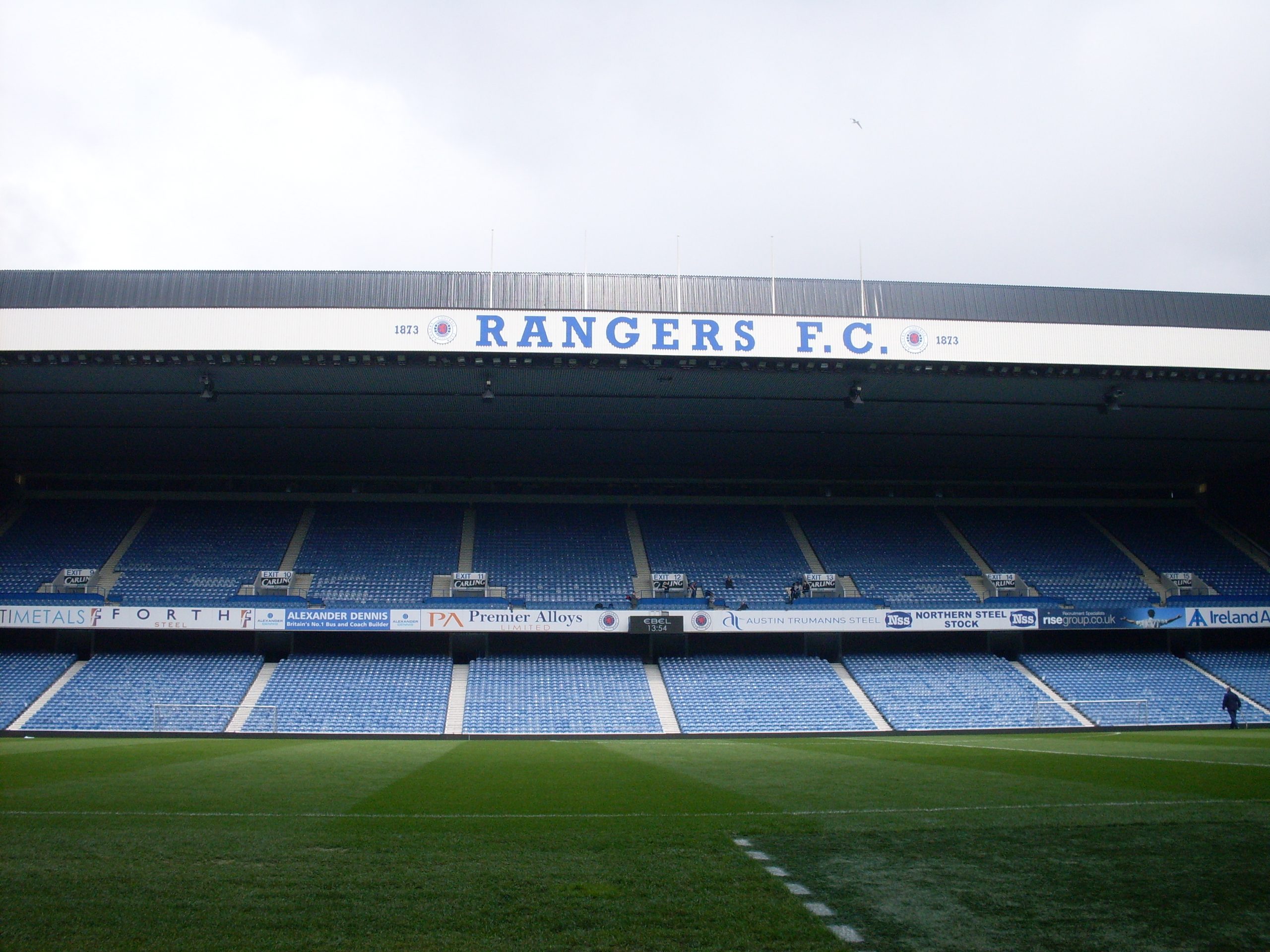Rampant sectarianism, effigies hung from upper tiers, mindless destruction of toilets, “Hun scum” plastered across a banner.
That was what greeted the return of the Old Firm to the top level of Scottish football, only four years after Rangers were liquidated and applied to re-join the SPFL in League Two (then Division Three).
After walking through the bottom three divisions, albeit with an embarrassing play-off failure under Stuart McCall in the Championship, the club returned to the Premiership with typical competitive aggression and high ambition.
The hype around the game was overblown; the quality was frankly pathetic, followed by the consensus that Scottish football had taken one step forward and about 10 steps back. The lack of action from Police Scotland did little to fill anyone with anything but trepidation about the next Old Firm game, due to be played on Hogmanay.
Scottish football needs the Old Firm, proven by the lack of an improvement in the major TV deal with BT and Sky until Rangers re-entered the Premiership. Celtic almost single-handedly kept the top flight afloat with their large travelling support, while the lure of a rare game against Rangers was enough to increase the average attendances of lower division football by over 5,000 for a season.
The question then becomes: does the Old Firm deserve Scottish football? It is no secret that during the halcyon days of challenging in European competition, and arguably having the ability to attract more quality to the Scottish Premier League than the majority of clubs in the English Premier League, that the Old Firm had plans to leave Scottish football.
Most tellingly, the Old Firm turned down the subscription based ‘SPL TV’ after the rejection of a continuation of the then £45m Sky deal that was deemed insulting by the League, at a time when all clubs in Scotland were spending money well outside of their budget.
This led to the 10 other clubs resigning from the SPL TV, a move that never fully materialised after a significantly less lucrative deal with the BBC was struck.
Inevitably this contributed to the administration of Motherwell, Dundee, and Livingston, as well as severe financial trouble for Hearts before their takeover by the tyrannical Vladimir Romanov. In 2004 Rangers were in £68m of debt and Celtic in £17m, but that pales into insignificance when compared with the proportional debts that other clubs were facing at that time. Dundee owed £20m, Motherwell £11m, Dunfermline owed £10m with a turnover of barely half that amount.
This debt, collectively £190m in 2004 across the SPL, was not directly the fault of the Old Firm, but their bargaining power and the push for a La Liga type TV deal with Rangers and Celtic getting the lion’s share of the cash did not help.
The relentless, often erratic and extortionate spending in pursuit of success, kicked off by Dick Advocaat’s time in charge of Rangers in the late 90s, exacerbated the problems facing Scottish football.
That is before the possible illegal use of EBTs, a controversial tax avoidance scheme employed by then Rangers owner Sir David Murray.
Jump forward 12 years and you have a much weaker Premiership, with Rangers in almost £20m in debt, and even Celtic operating at a £4m loss.
The offences, including the hanging of effigies, have led to an arrest with police confirming a 27-year-old has been arrested in connection with the incident under the Offensive Behaviour at Football Act.
What now for Scotland? Should Scottish football be content to constantly bow down to the power and pull of the Old Firm? Should watching football in Scotland be criminalised to the extent it is due to the stupidity and tribalism of the Old Firm? Should the clubs of Scotland accept it?
Unfortunately, there seems to be very little choice.
Image courtesy of Tom Brogan.

